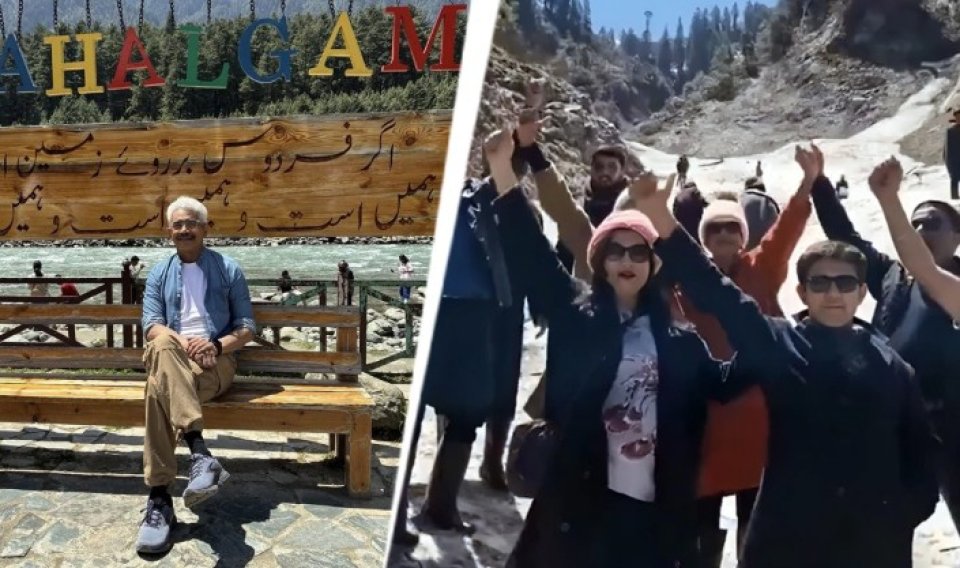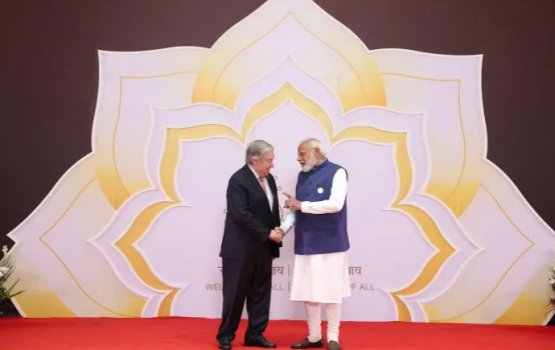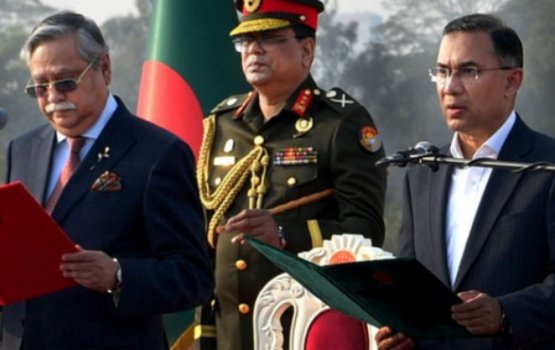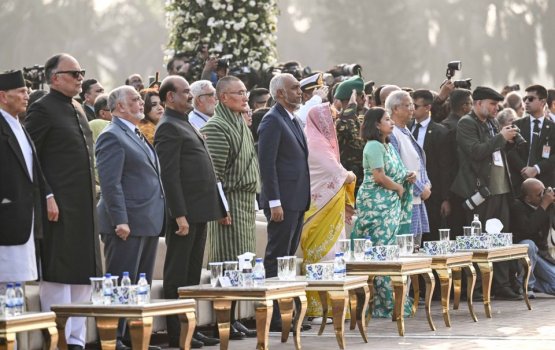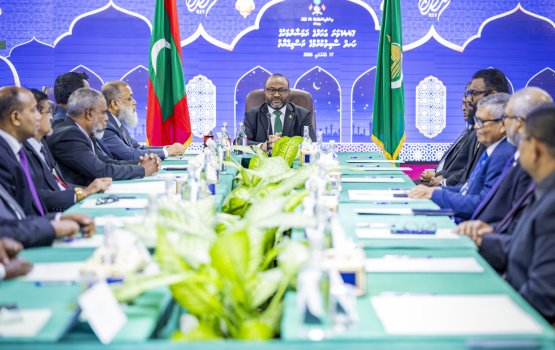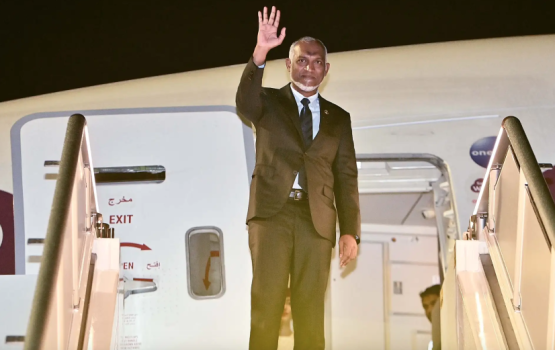On April 22, 2025, a horrific terrorist attack unfolded in Baisaran Valley, a scenic destination near Pahalgam in the union territory of Jammu and Kashmir. The incident, marked by deliberate brutality, claimed the lives of 26 individuals, the majority of whom were Indian tourists. Among the dead were 24 Indian nationals, one tourist from Nepal, and a local Muslim pony operator who attempted to intervene. This attack, described by experts as the deadliest of its kind since the 2008 Mumbai attacks, has significantly escalated regional tensions and reignited long-standing geopolitical fault lines between India and Pakistan.
Attack Details
The assault took place in the lush, mountainous terrain of Baisaran Valley, an area frequently visited by domestic and international tourists. Eyewitnesses reported that five heavily armed militants, equipped with AK-47s and M4 carbines, descended upon the area, targeting civilians indiscriminately. Survivors recounted chilling details of the attackers interrogating male victims about their religion before executing them, suggesting the attack was not only premeditated but also ideologically motivated.
One of the most haunting accounts came from Rishi Bhatt, a tourist from Ahmedabad, who unintentionally captured the massacre on video while ziplining. In the footage, Bhatt is initially seen enjoying the activity, unaware of the horror below. As gunfire erupts, people are seen scattering in panic. Bhatt managed to escape with his family and took refuge in a pit until the immediate danger had passed.
Responsibility and Investigation
Initial claims of responsibility came from The Resistance Front (TRF), a group believed to be an offshoot of the Pakistan-based Lashkar-e-Taiba. TRF cited its opposition to recent Indian policies in Jammu and Kashmir—particularly those enabling non-Kashmiris to settle in the region—as justification for the attack. However, in a surprising turn, the group retracted its claim four days later, alleging a "communication breach" and attributing blame to Indian intelligence agencies, a statement widely dismissed by analysts and security experts.
Indian investigative agencies have since presented evidence pointing to the involvement of Pakistan-based operatives. According to Indian intelligence, digital forensics traced communications and logistical support to locations in Muzaffarabad and Karachi. One key figure identified in the investigation is Hashim Musa, a Pakistani national with a background in Pakistan’s elite Para Commandos. His alleged involvement, combined with intercepted communications, supports India’s assertion of cross-border planning and execution.
Diplomatic and Regional Fallout
India's response was swift and stern. The government suspended the Indus Waters Treaty, expelled Pakistani diplomats, and sealed land borders. Pakistan, denying any role in the incident, retaliated by suspending the Simla Agreement, halting bilateral trade, and closing its airspace to Indian flights. The standoff quickly escalated into a military impasse, with reports of intensified skirmishes along the Line of Control and over 2,000 arrests made in Kashmir as part of a sweeping counter-terrorism operation.
International condemnation was widespread. Nations including the United States, United Kingdom, Saudi Arabia, and Iran expressed solidarity with India and unequivocally denounced the attack. The United Nations and the European Union called for restraint and renewed diplomatic engagement to prevent further destabilization in the region.
Implications and the Road Ahead
The Pahalgam massacre has once again thrust the Kashmir conflict into the global spotlight, underscoring the deep-rooted instability and unresolved tensions between India and Pakistan. Analysts argue that while counter-terrorism operations are necessary, a lasting solution requires political engagement and inclusion of Kashmiri voices—something notably absent in the current dialogue.
The attack represents more than a security failure; it symbolizes the complex interplay of religious extremism, geopolitical rivalry, and regional disenfranchisement. Without meaningful progress toward conflict resolution, experts warn, incidents like Pahalgam risk becoming part of a tragic cycle of violence. (Source: News feeds)

